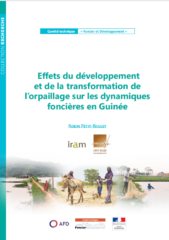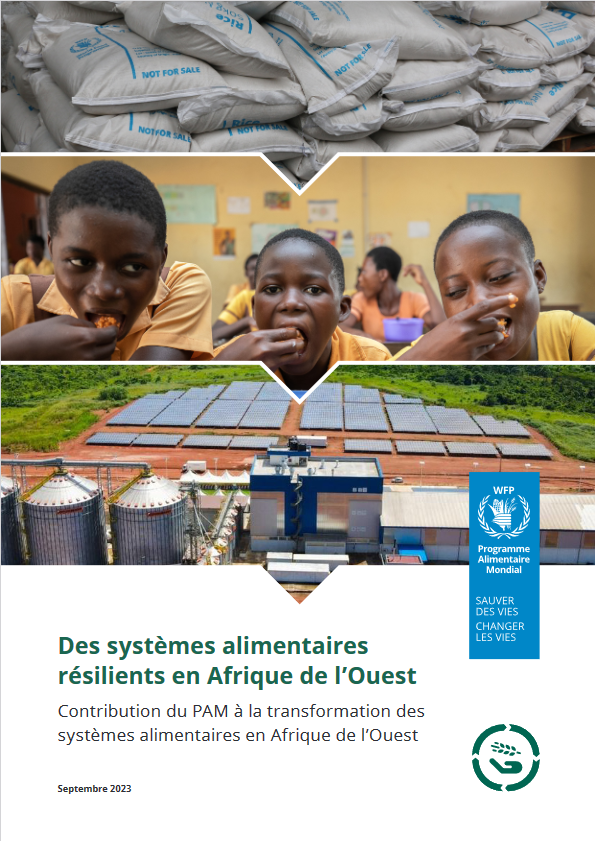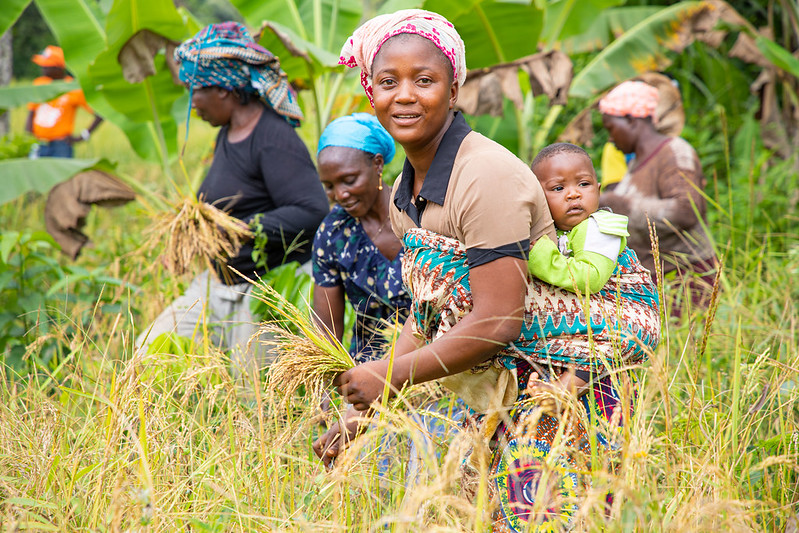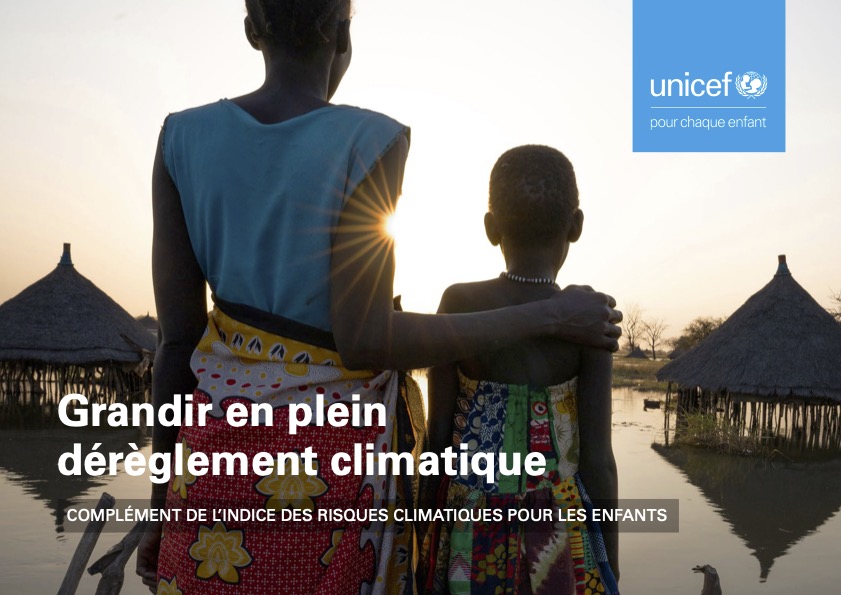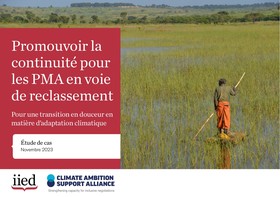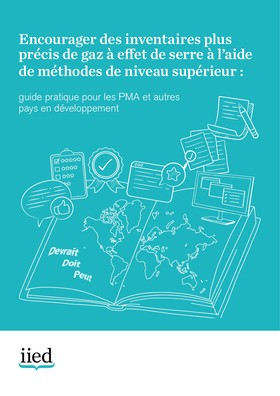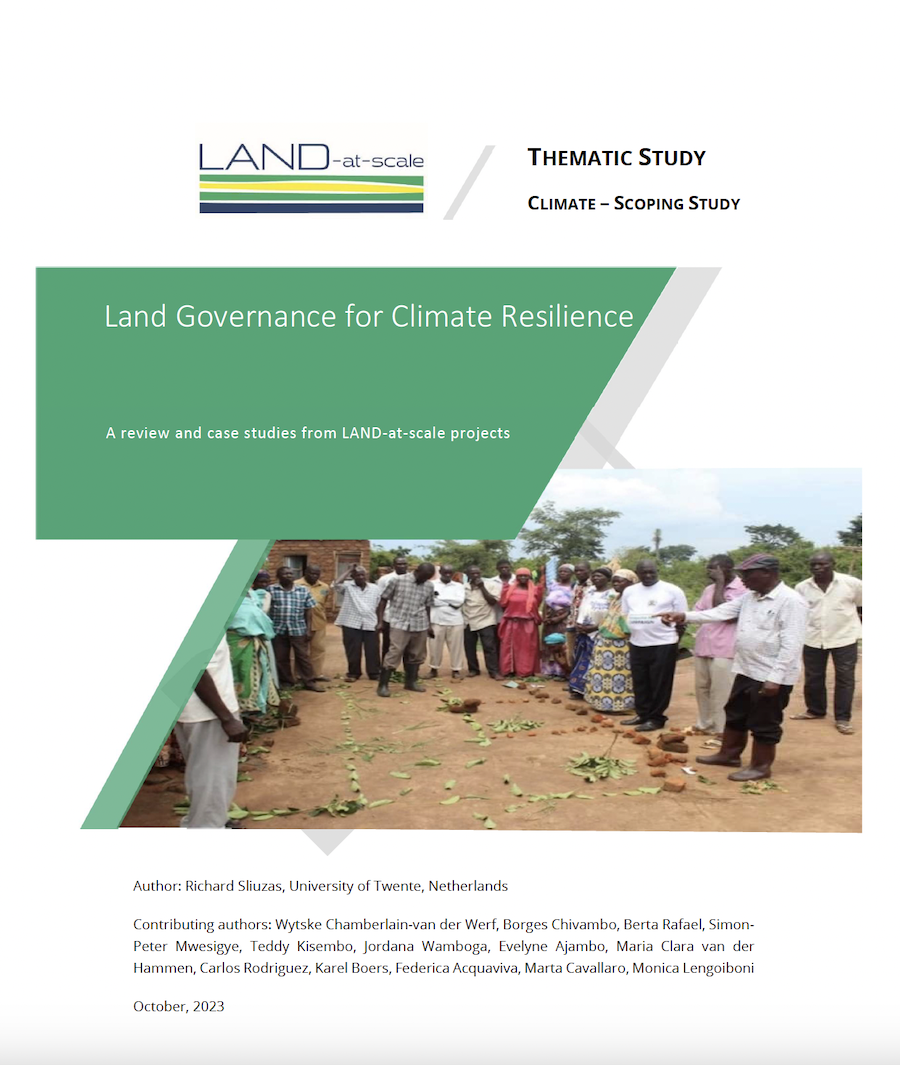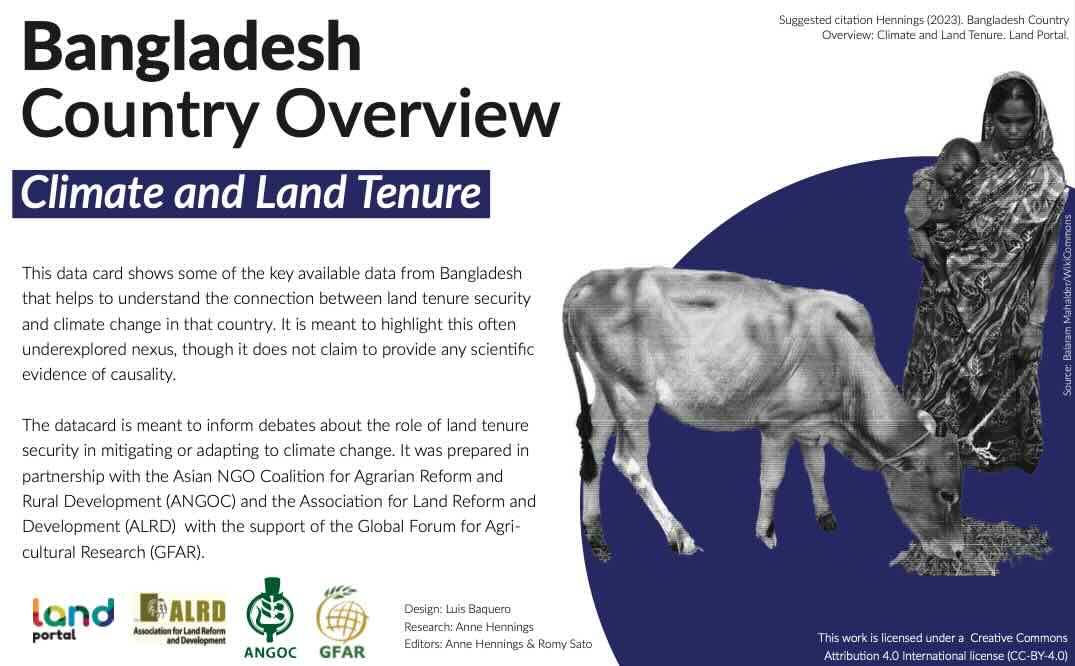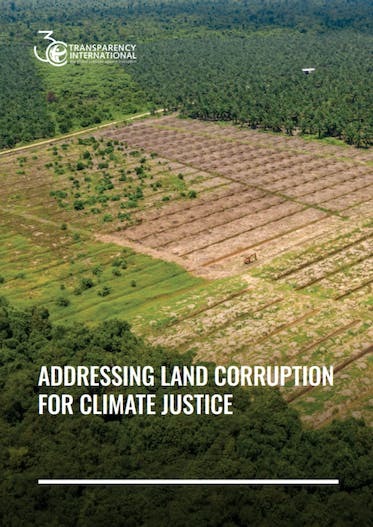Land Reform and Child Health in the Kyrgyz Republic
Can the establishment of private property rights to land improve child health and nutrition outcomes? We exploit a natural experiment in the Kyrgyz Republic following the collapse of socialism, whereby the government rapidly liquidated state and collective farms containing 75 percent of agricultural land and distributed it to individuals, providing 99-year transferable use rights. We use household surveys collected before, during, and after the privatization reform and spatial variation in its timing to identify its health and nutrition impacts.


